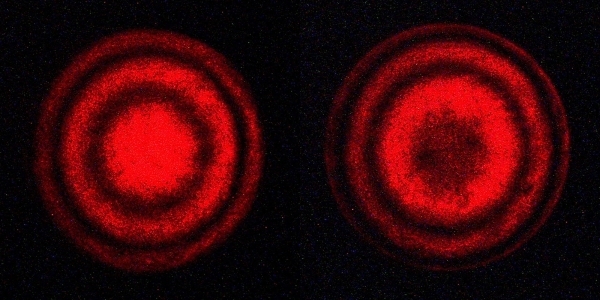The inaccessibility of Grad School Applications
So some positive news from my side is I have been admitted to TU Delft’s MSc program in Applied Physics. I will be following the Quantum Devices and Quantum Computing track. Pretty excited and pumped up about graduate school now. Most likely, I will be joining TU Delft, it already was one of my top preferences, and I have already received rejection from ETH Zurich’s program, which was my first preference. I look back on the time from last summer, when I was unsure what I wanted and was looking for potential programs to join, to now, when having received the acceptance, I prepare (at least mentally, for now) for my stay in The Netherlands. If you are reading this, anticipating advice or tips, there is not much for you here. I am not the right person to provide any novel ideas, besides there are plenty of good resources already out there, Philip Guo and Matt Might’s blogs being two wonderful such resources for all aspects of academic life.
Firstly, yes, it is exhausting and frustrating. I went through a lot of self doubt and further slumped into it until I received the acceptance letter. Having said that, there is something else I wanted to talk about. Graduate school applications are incredibly inaccessible. I understand the purpose of almost everything in the admission process except the exorbitant fees one has to pay. Just for taking the TOEFL, GRE, and GRE Physics Test I ended up paying ~ $500 to the ETS. Additionally, one has to pay ETS again for them to send score electronically. It absolutely baffles me that they charge you for sending score electronically. In all probabilities, that is automated already. I understand the purpose behind TOEFL and I do really see that it actually is a Test of English as a Foreign Language. The prompts and questions judge the right things in my opinion but I absolutely do not see the purpose behind the 2 GRE tests, more so for the General Test. Thankfully, more and more programs are now doing away with the GRE requirements, and even for those which have not officially done so, I routinely see students/professors claiming the GREs do not matter. But since I, just like many others, wouldn’t want to take any chances with my applications, I did devote my time preparing for the tests and had to shell out money to pay for them.
The final big chunk of cost comes in the form of application fees that one pays to the universities to consider your application. It generally costs something to the tune of 100$ for each university. Likewise 150 CHF each for ETH and EPFL in Switzerland. TU Delft too had an application fee in the same ballpark. And all of this adds up pretty quickly, especially for someone living in the developing world.
I had been lucky that I could afford to apply to enough places, but that is precisely what should not be the case. Had I been less fortunate and did not have the kind of financial assistance from my parents that I did, I wouldn’t have been able to apply to the universities I did. And that would have meant, I either risk missing out on any acceptance altogether or go for “safer” options and let go of programs I would have loved to apply to.
The entire system, keeps a large pool of talented and driven individuals, who would greatly benefit from the opportunities at grad school, away from these opportunities. And this is not a defect or by chance but by design, the less wealthy are unreasonably deprived of a fair chance. I understand that assessing the application is a time taking process and the admission office or the professors would want to judge only viable candidates, but the current scenario creates an artificial barrier, which does not screen the applicant based on the quality of their application.



